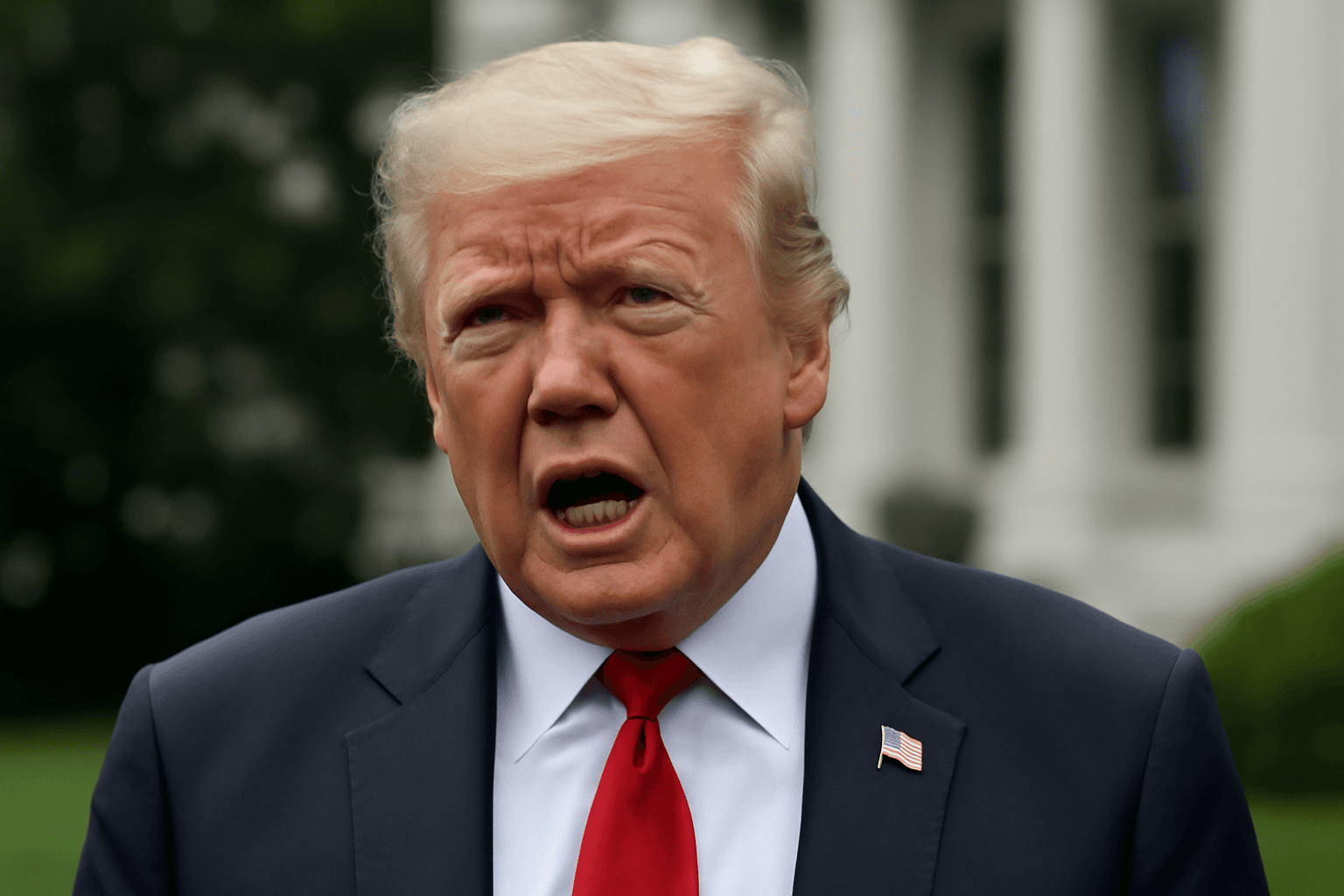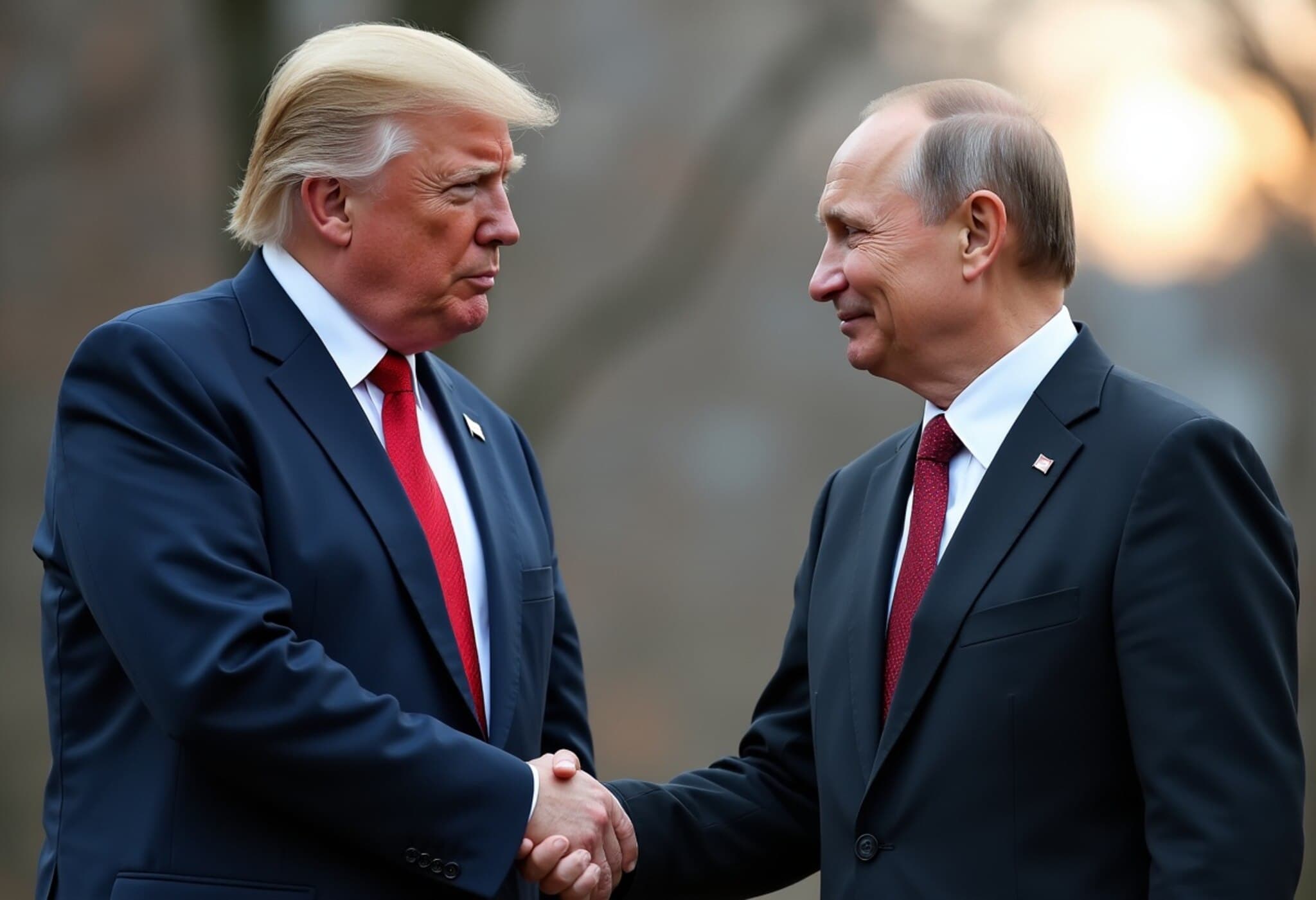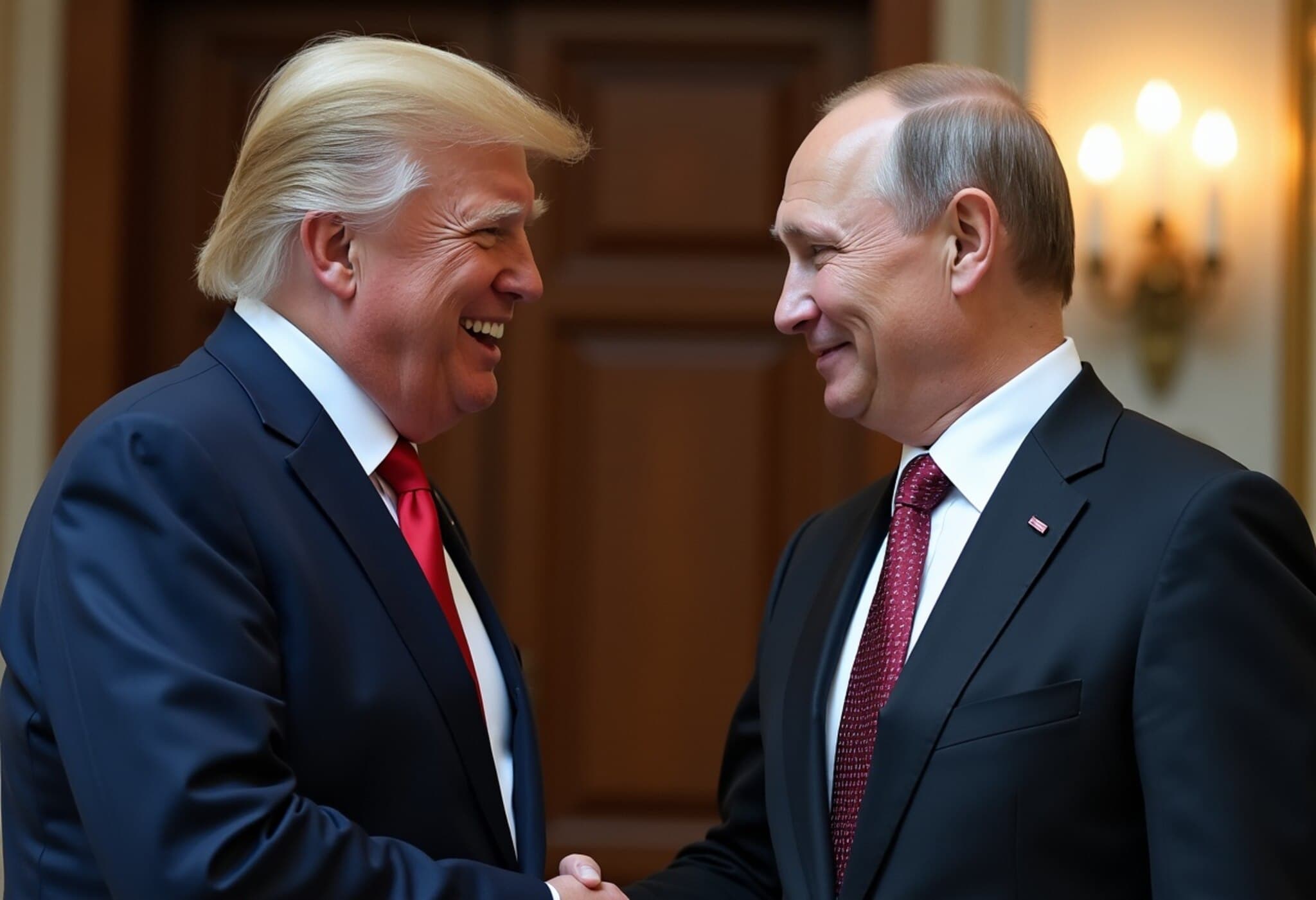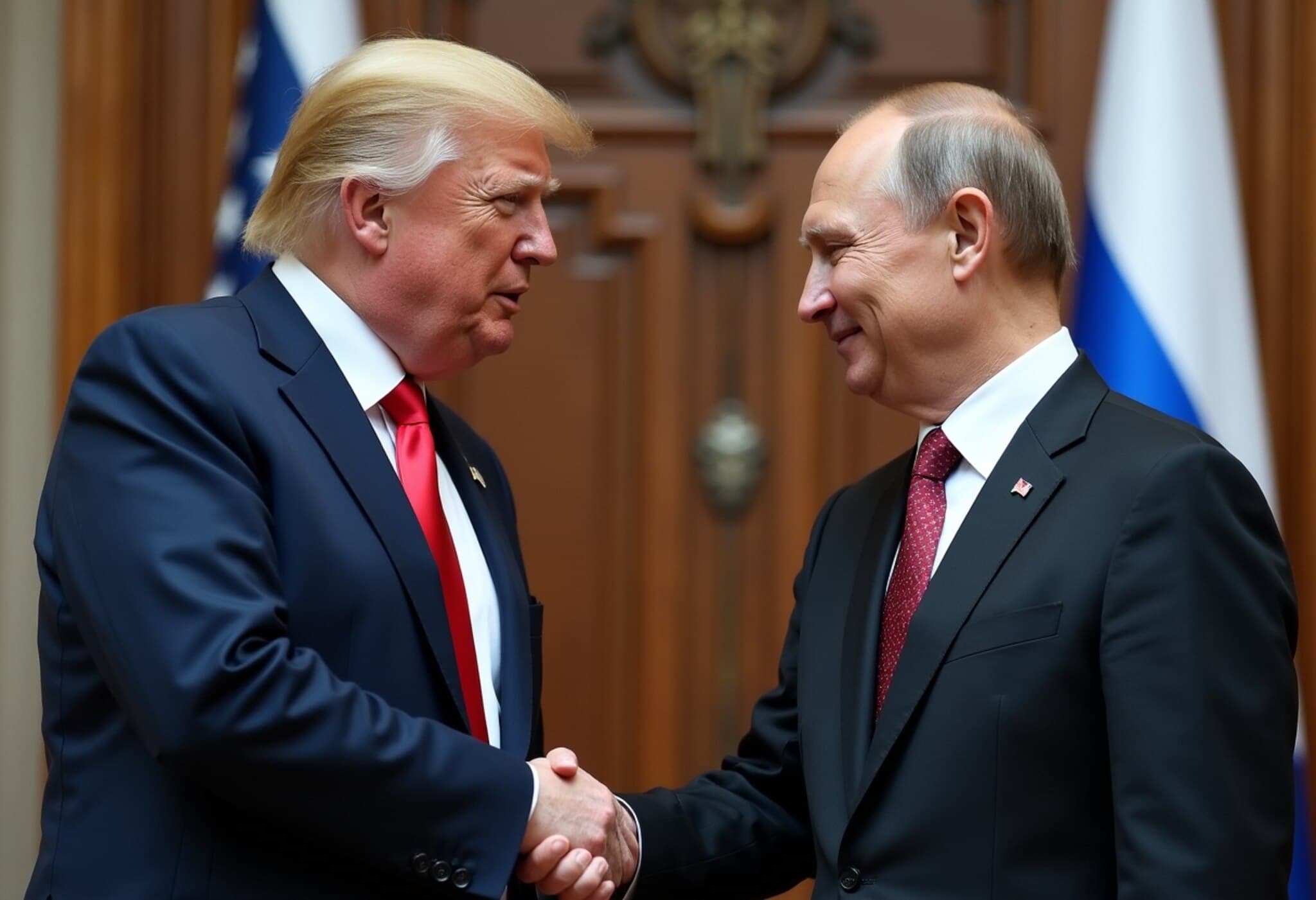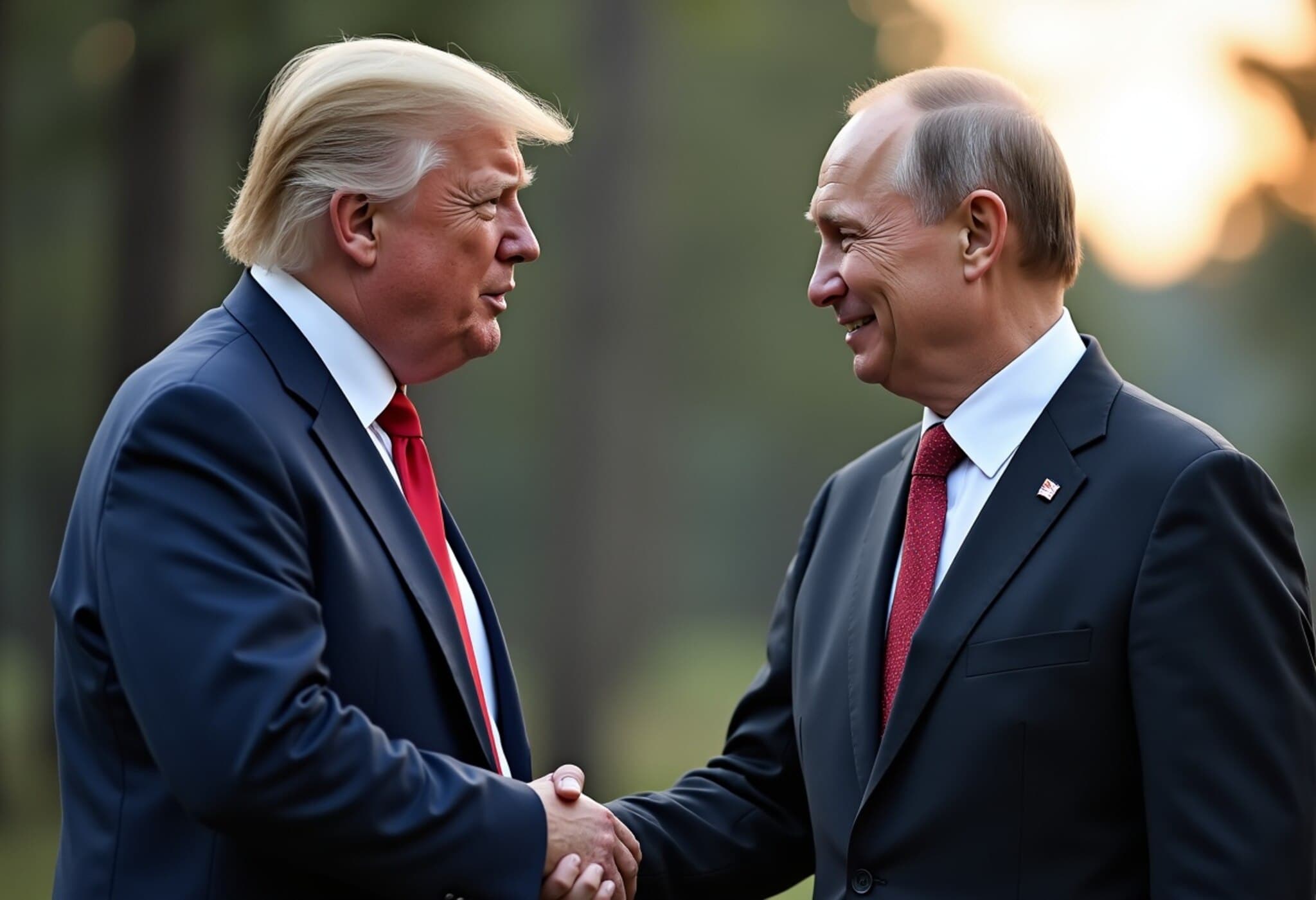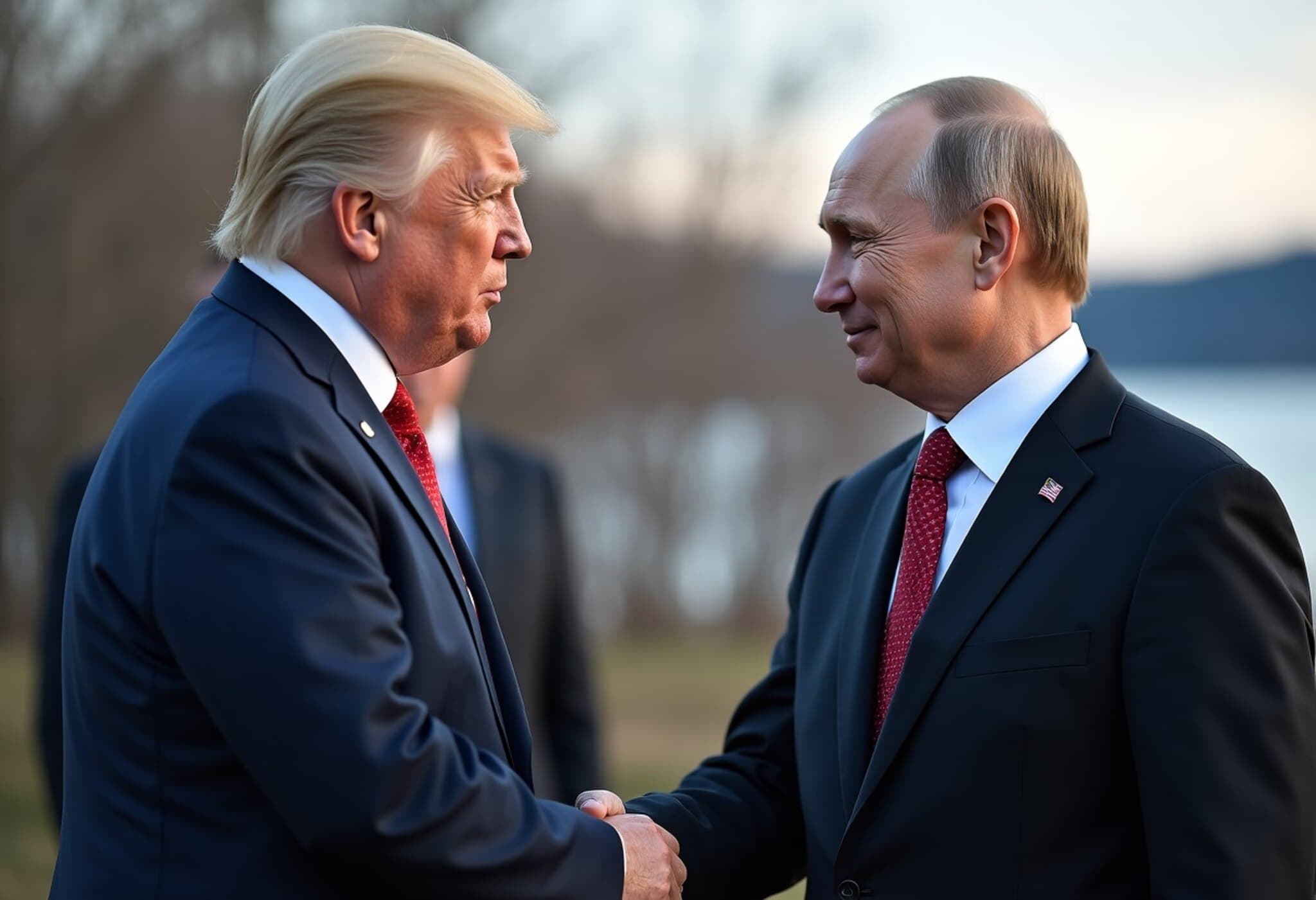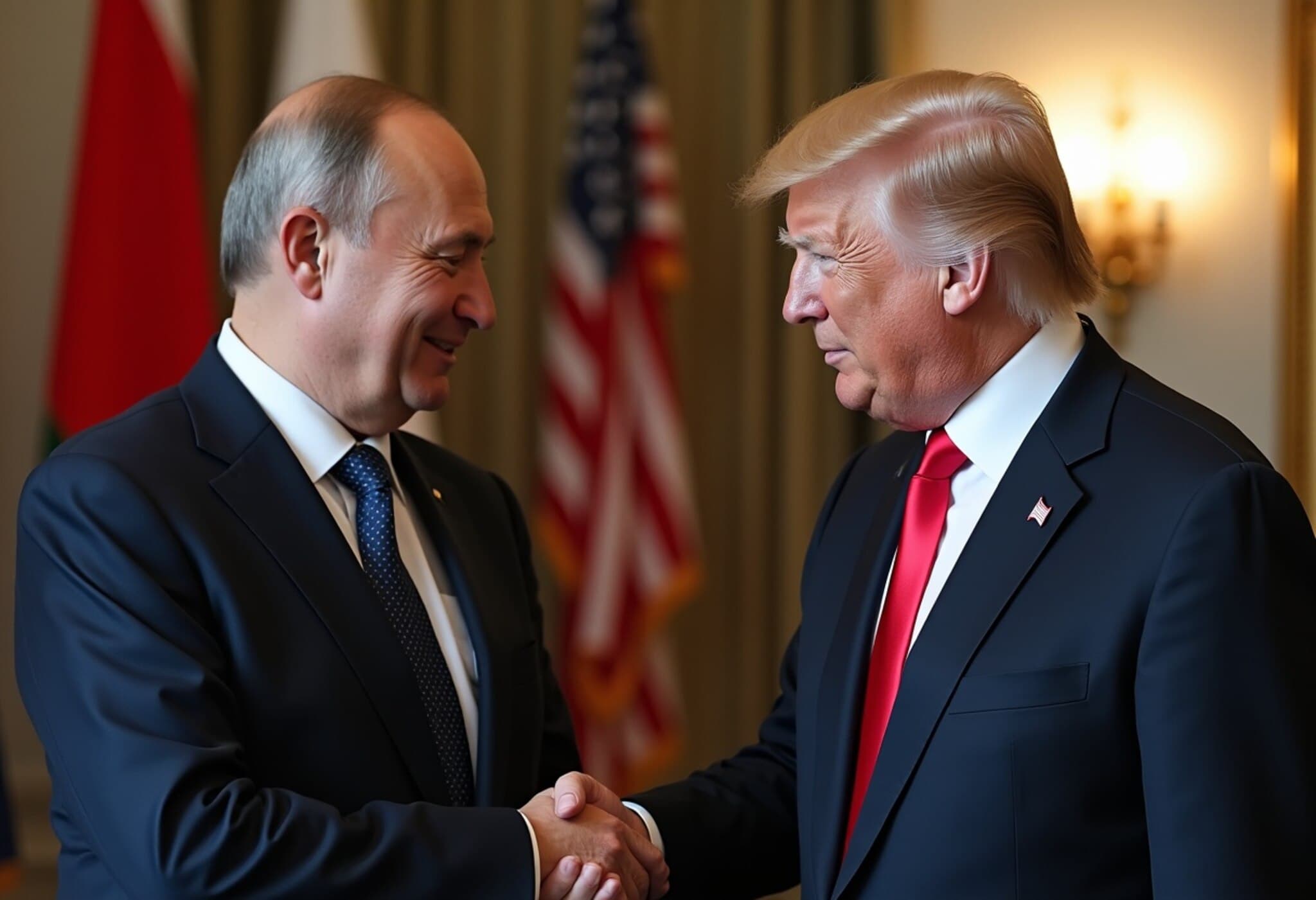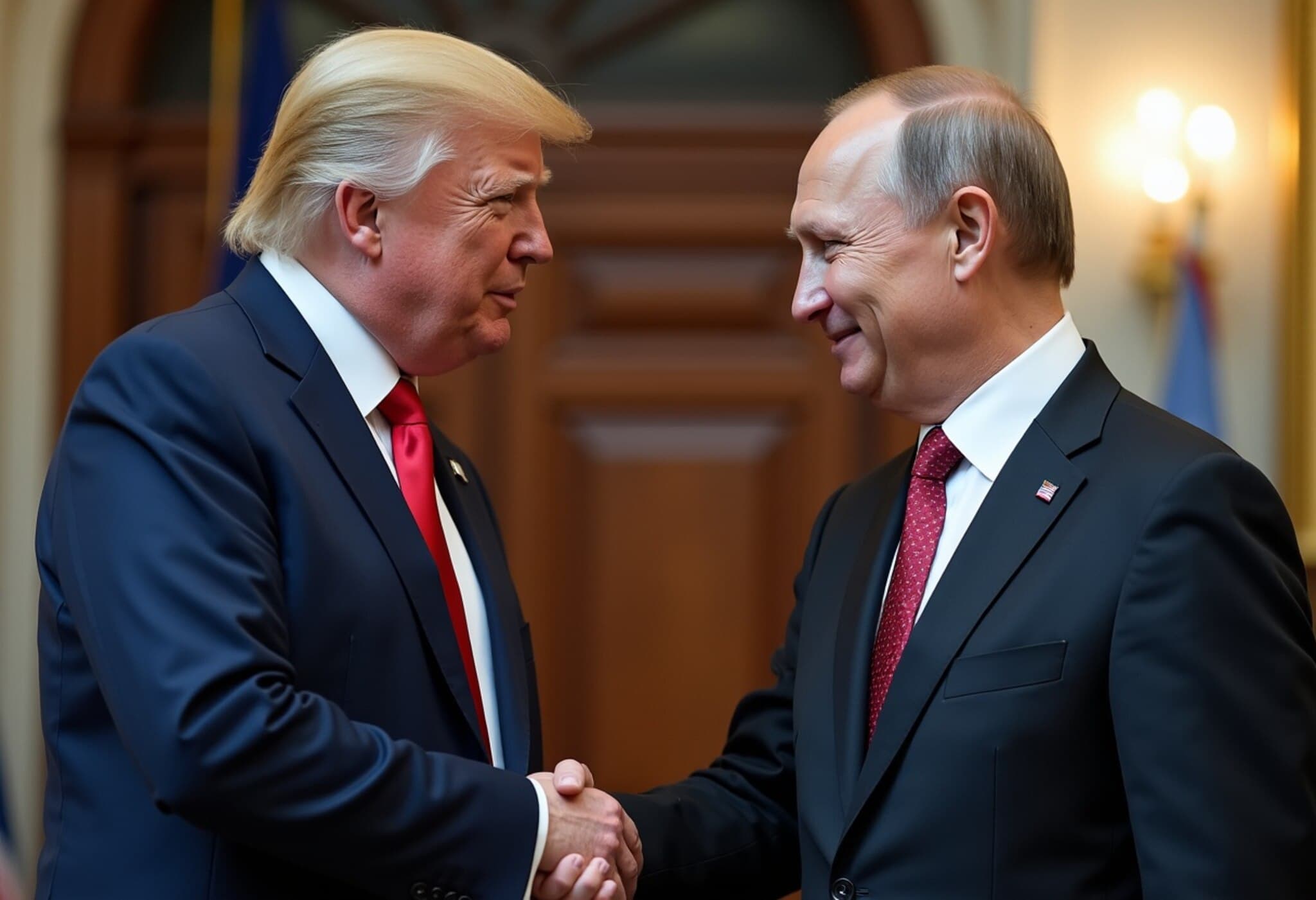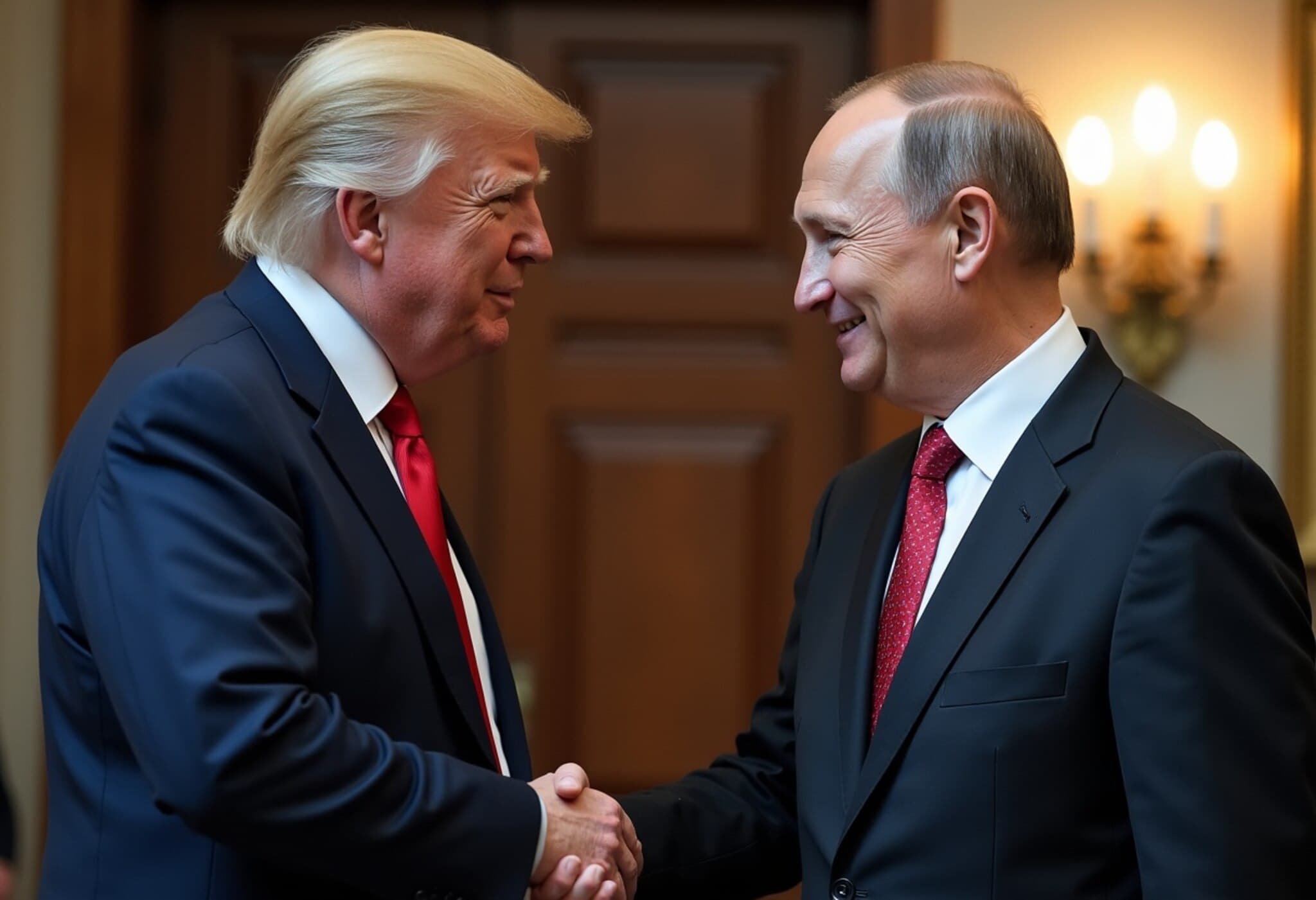Trump Responds to Reports of Russian Hack Targeting U.S. Federal Courts
In a casual yet controversial stance, President Donald Trump dismissed recent disclosures suggesting that Russian actors may have infiltrated the electronic system governing U.S. federal court documents. Speaking on August 13, 2025, at the Kennedy Center in Washington, D.C., Trump deflected concerns, stating, "Are you surprised? They hack in, that's what they do." His remarks came amid growing alarm over the breach, which exposed sensitive records, including sealed files related to national security cases.
Details of the Breach and Potential Risks
An investigative report revealed evidence that a Russian-based entity had possibly compromised the judiciary’s case management system, a database storing millions of court documents. Importantly, this system holds not only publicly accessible filings but also confidential information on individuals charged with crimes implicating U.S. national security interests.
The breach appears to be part of a broader, persistent cyber campaign spanning several years. The New York Times further detailed that some of the targeted records were midlevel criminal cases from New York City and other districts, notably involving individuals with Russian or Eastern European surnames—highlighting potential intelligence-gathering objectives.
Judiciary’s Response and Security Measures
In reaction to the incident, the federal judiciary announced proactive steps aimed at tightening digital defenses. The case management system is undergoing intensified security enhancements to block future intrusions and safeguard litigants’ sensitive information. An internal memo circulated among Justice Department officials emphasized the critical nature of the threat, labeling it as an "URGENT MATTER" that demands immediate remediation.
Political Context: Trump Meets Putin amid Heightened Cybersecurity Concerns
The timing of Trump’s comments and the cybersecurity revelations is notable. The president is poised to meet Russian President Vladimir Putin in Alaska later this week, ostensibly to discuss Russia’s ongoing war in Ukraine. When questioned about whether he intended to address the hacking allegations during the summit, Trump responded, "I could. We'll see."
This meeting underscores the complex, often contradictory dynamics between the two nations—balancing diplomatic engagement with persistent cybersecurity challenges. Experts caution that downplaying state-sponsored cyber intrusions risks emboldening malicious actors and undermining the integrity of U.S. democratic institutions.
Expert Insight: The Stakes in Cybersecurity and Justice
Cybersecurity specialists stress that breaches of court systems are profoundly disruptive. Unlike attacks on commercial enterprises, judicial system hacks can compromise ongoing prosecutions, jeopardize witness protections, and expose classified intelligence methods. Therefore, ensuring the resilience of such systems is a national security priority.
Legal analysts also highlight the broader implications for public trust. If federal courts cannot guarantee confidentiality and data security, confidence in the justice system may erode, impacting everything from case outcomes to international cooperation on crime and terrorism.
Looking Ahead: What’s at Stake?
- Diplomatic tensions: Will cybersecurity concerns influence U.S.-Russia negotiations?
- Cyber defense policies: How will federal agencies balance transparency with secrecy in addressing cyber threats?
- Public confidence: What measures can restore trust in judicial data security?
As investigations continue, the U.S. faces a pivotal moment to reinforce its cyber defenses and confront the evolving challenges posed by state-sponsored hackers.
Editor’s Note
This incident reveals the delicate intersection of cyber warfare, justice, and geopolitics. While President Trump’s dismissal may reflect a desire to temper diplomatic friction ahead of his Putin meeting, experts warn that acknowledgment and decisive action are essential to protect critical judicial infrastructure. Readers should watch closely how policies evolve to defend democracy’s backbone in an era where cyber intrusions have real-world consequences.










